|
Genres, Themes, Actors, and Directors:
- Dystopia
- Fritz Lang Films
- German Films
- Mad Doctors and Scientists
- Robots
- Science Fiction
- Silent Films
Response to Peary’s Review:
Peary writes that “Fritz Lang’s colossal silent [science] fiction classic” — “set 100 years in the future” — “was visually inspired by New York’s skyline, which Lang had recently seen, and thematically inspired (in part) by the increasingly dehumanizing industrialization within Germany.” He notes that this “epic was originally almost 200 minutes long” — and given that GFTFF was published in 1987, he couldn’t have known that years later, an original version would be found and painstakingly restored. With that said, Peary’s frustration with the “drastically shortened prints” — that “there’s no way to figure out why Maria tells the workers not to revolt and to wait for a ‘mediator’, when revolution is definitely their only hope”, or to know why “Frederson [Abel] would want to destroy all the machinery below, since the robot workforce would have to use it anyway” — remain salient concerns even in the reconstructed version. As DVD Savant notes:
“This reviewer was hoping that the nearly complete 2010 restoration would plug a frustrating plot hole in Metropolis, a lack of logic around the actions of the mastermind Joh Fredersen… When the power goes out, Joh is not upset, merely interested in seeing the city lights dimmed for the first time… Why? The answer is still not certain. Fritz Lang may have left a hole in the story, or the German restorers may have neglected to tell us everything that happens in the still-missing fight scene between Joh [Abel] and Rotwang [Klein-Rogge].”
Regardless, “the film is a visual tour-de-force” and “much is stunning,” including “the march of the workers:
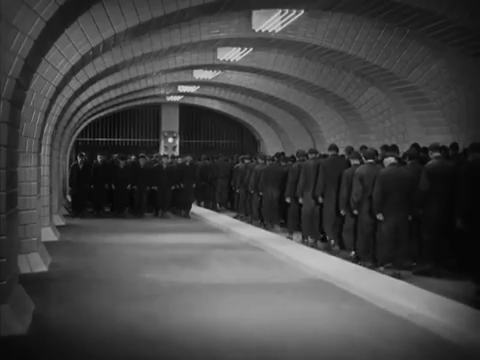
… the fabulous robot-transformation sequence (which would be copied many times):
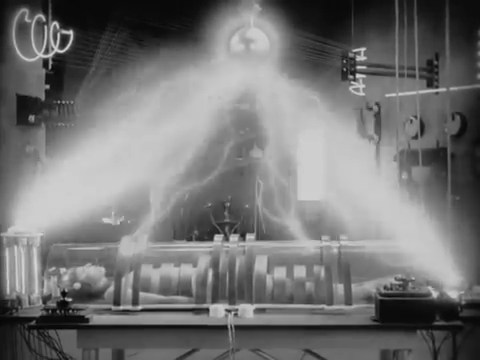
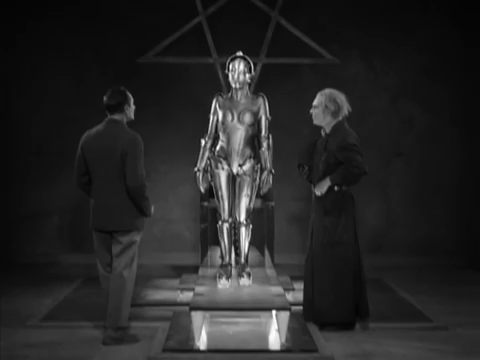
… Helm’s erotic, bare-chested dance:
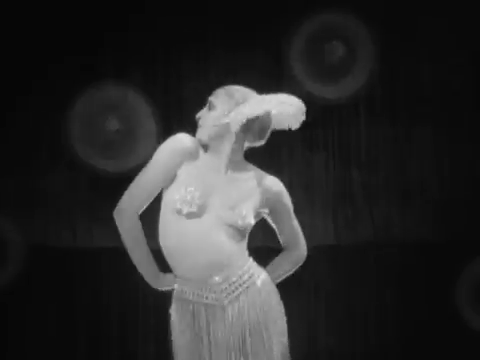
… [and] the great flood.”:
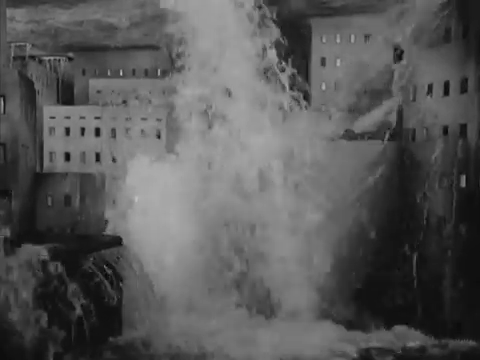
Peary notes that “of course the look of the future it presents would serve as the model for almost all futuristic cities in film and conceptual art until Blade Runner.” Indeed, Metropolis remains must-see viewing for its iconic relevance, not its less-than-satisfying storyline.
Redeeming Qualities and Moments:
- Brigitte Helm as Maria
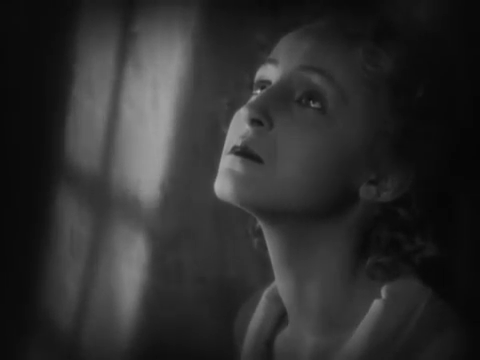
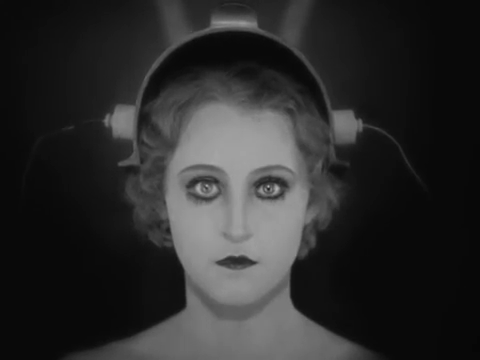
- Karl Freund’s cinematography
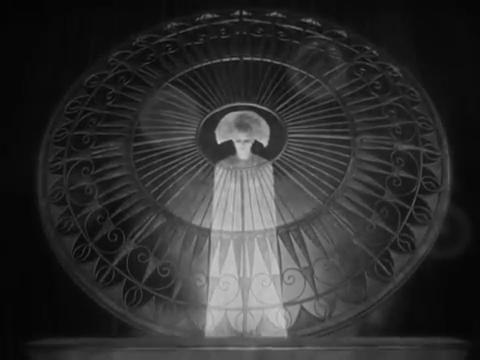
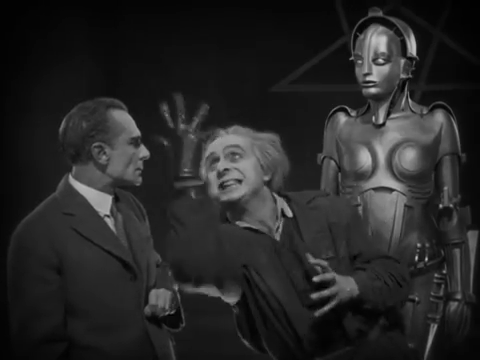
- Edgar Ulmer’s set designs
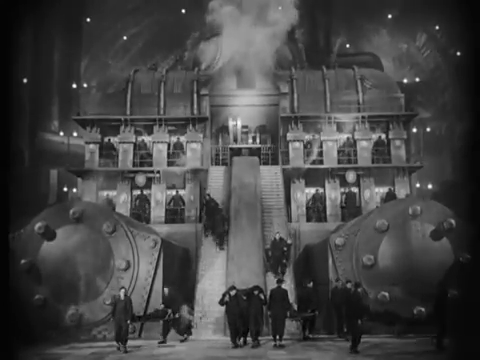

- The truly surreal dream sequence
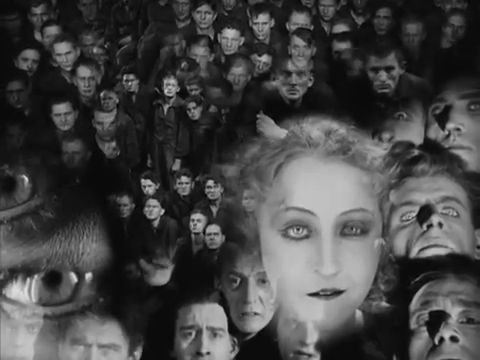
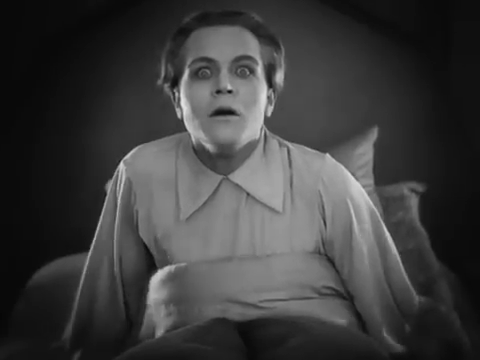
Must See?
Yes, for its historical status as a classic of sci-fi cinema by a master director.
Categories
- Genuine Classic
- Historically Relevant
- Important Director
(Listed in 1001 Movies You Must See Before You Die)
Links:
|
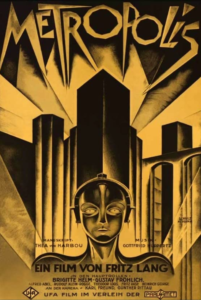













2 thoughts on “Metropolis (1927)”
⭐️⭐️⭐️⭐️ out of ⭐️⭐️⭐️⭐️
I first encountered this classic in the 1980’s Giorgio Moroder version in which the newly commissioned songs worked very well with the Art Deco future being depicted.
However, it’s no substitute for the almost full length 153 minute edit restored in 2010. One of the most influential science fiction films yet made and although a simplistic, heavy-handed fairy tale it’s still visually stunning and great fun; especially on a big screen.
Definitely must see for all FFs.
A no-brainer must-see.
I just watched the fully restored version for the first time (which, of course, is not a full restoration but perhaps is as full as we’re likely to get). I can’t imagine that anyone would dispute that the film is a masterpiece and that all ffs should see it.
I believe my first viewing of the film was in Tokyo, when the Giorgio Moroder version was released in theaters. *That* was exciting! I recall thinking it was a wonderful way to not only introduce younger audiences to the film but also to silent films in general.